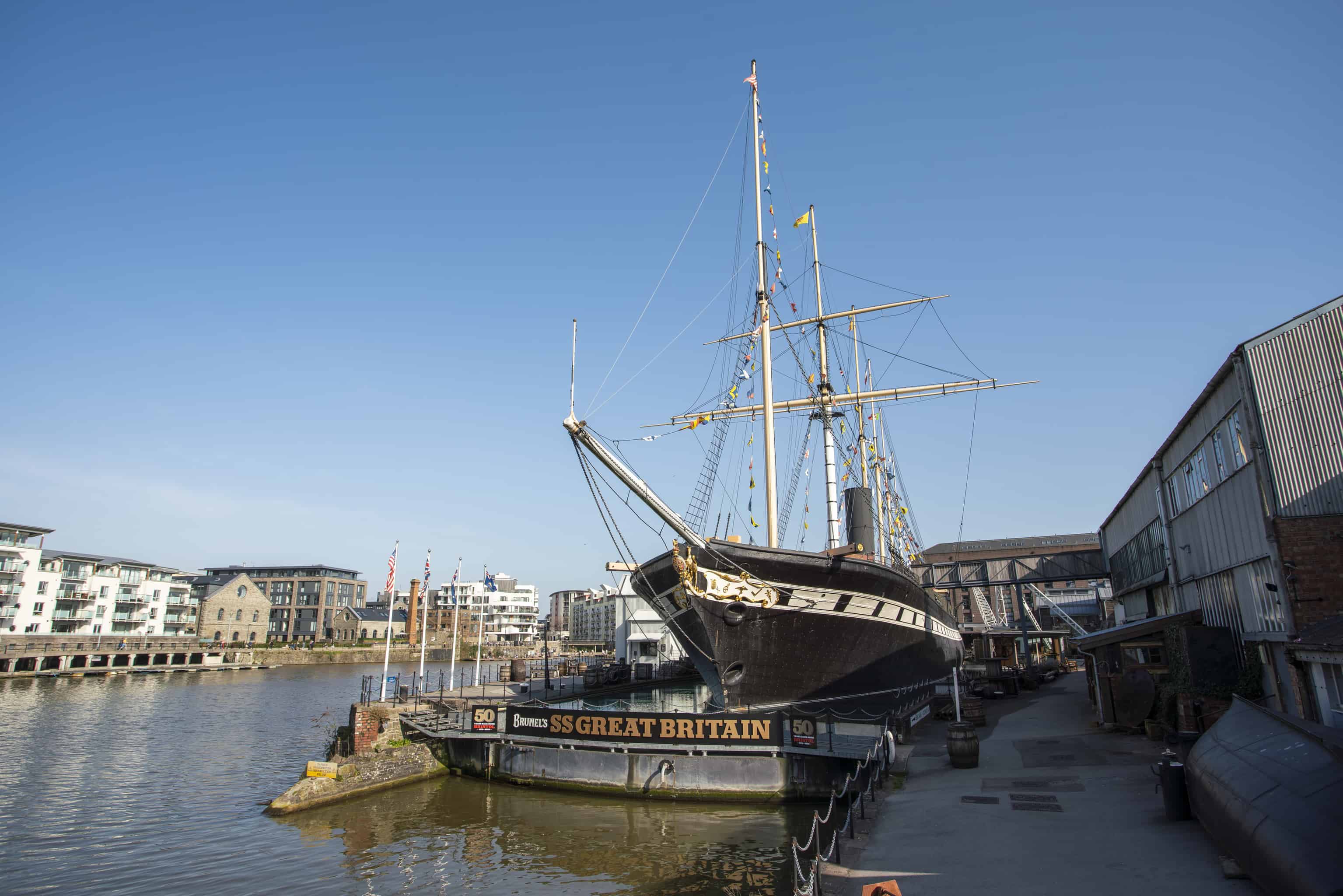Be prepared to volunteer
It takes a lot of time, patience and hard work to get into a career in museums. Volunteering is a great way of finding out which area of museums you would like to work in. Working in different places will allow you to learn something new and develop. It is about quality not quantity; find opportunities that interest and inspire you and you will get more out of it. Don’t be afraid to accept a challenge. It is important to build up a good working reputation, don’t shy away from accepting challenging tasks and taking on responsibilities. Volunteering isn’t always glamorous.
Ask for advice
Don’t be afraid to talk to individuals you may know who work in the industry, they can help with any questions or queries you might have about the industry and may even be happy to read over covering letters for potential job opportunities and personal statements for university applications. Always ask questions, appear enthusiastic and be positive – you never know where an opportunity may arise from.
Start small
What type of museum do you want to work in? When thinking about museum work most people think of the big national museums – they’re great, but by working in a smaller museum you get much wider experience. If there’s only two or three professional staff you have to do more, which better prepares you for your future.
Choose carefully
If you’re thinking of doing a Master’s in heritage/museum studies, choose very carefully. Not all the courses on offer are good or useful for your career. One helpful thing you can do is to ask about the destinations of the course’s graduates. Don’t think that because you have a degree/masters or PhD you’ll automatically get a museum job. Qualifications can help, but when it comes to getting paid work it’s your experience and enthusiasm that counts.
Always do your research
When you write an application and prepare for an interview make sure you research and visit the place. Find out as much as possible and decide whether it’s a place you’d like to work, and impress the panel with your enthusiasm and knowledge. Make sure you’ve matched your skills and experience to the job description. Make it impossible for the employers not to interview you and always check your spelling and grammar.
Look outside the industry
If opportunities in museums are scarce, look for relevant jobs outside the industry. It’s possible to find jobs where you can add relevant skills to your CV that aren’t necessarily in the museum sector. It’s getting increasingly easy to move around sectors, and this is often seen as a positive by employers. For example, public speaking is a good skill to develop, museums are becoming more and more public facing. Gone are the days of working quietly behind the scenes, now you need to be able to represent your museum on social channels and the media. Strengthening skills like this will make you stand out.
Take time to find the right place
Museums have different principles and priorities. Take the time to meet people and find out if your ideas and style of working suit the environment you’re applying to. Not everywhere will enjoy taking risks and trying new things!
Persist
It’s daunting applying for museum jobs and it can be hard to find the vacancies in the first place. University of Leicester Museums Jobs Desk is great for this – it’s a weekly updated list of museum jobs in the UK and USA, at the very least it shows what’s out there and what employers are looking for.
Get geeky
If you really love the subject, whatever it is, then don’t hide it. Enthusiasm is infectious and sharing your excitement will help you both in interviews, and in the workplace. Staying positive and getting invested in your projects is a sure-fire way to produce something brilliant.
Expect the unexpected!
Every day is different and you don’t know who you will meet, what new nugget of information you might learn or what fascinating objects might arrive. This is one of the reasons why a career in the museum industry is so rewarding.
Getting into museum work can be time consuming, it requires a lot of hard work and patience, however you are sure to learn many invaluable skills along the way. Don’t be deterred by how few jobs there are in museums. Someone’s got to get those jobs – why shouldn’t it be you? Passion and enthusiasm is key.



